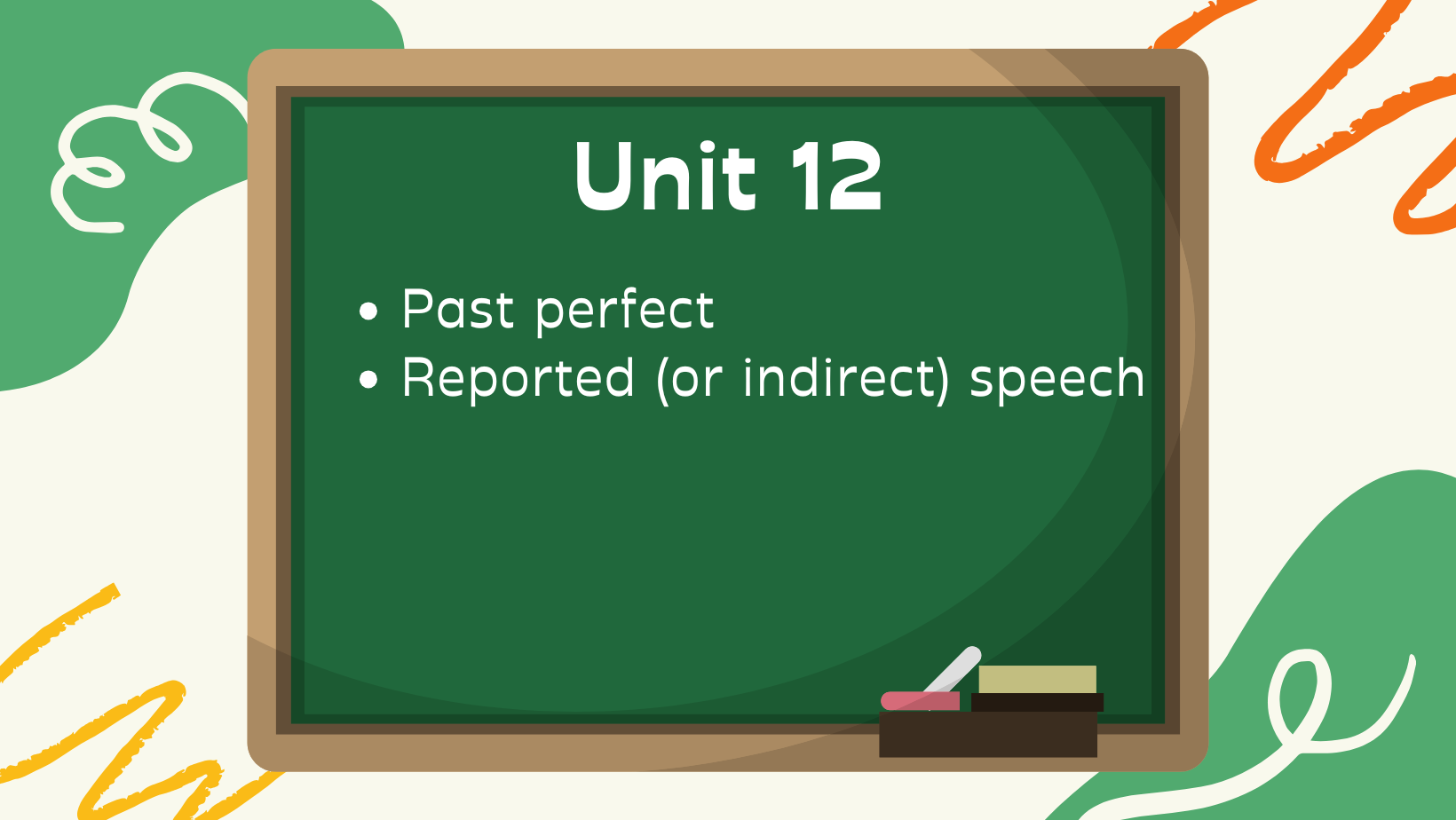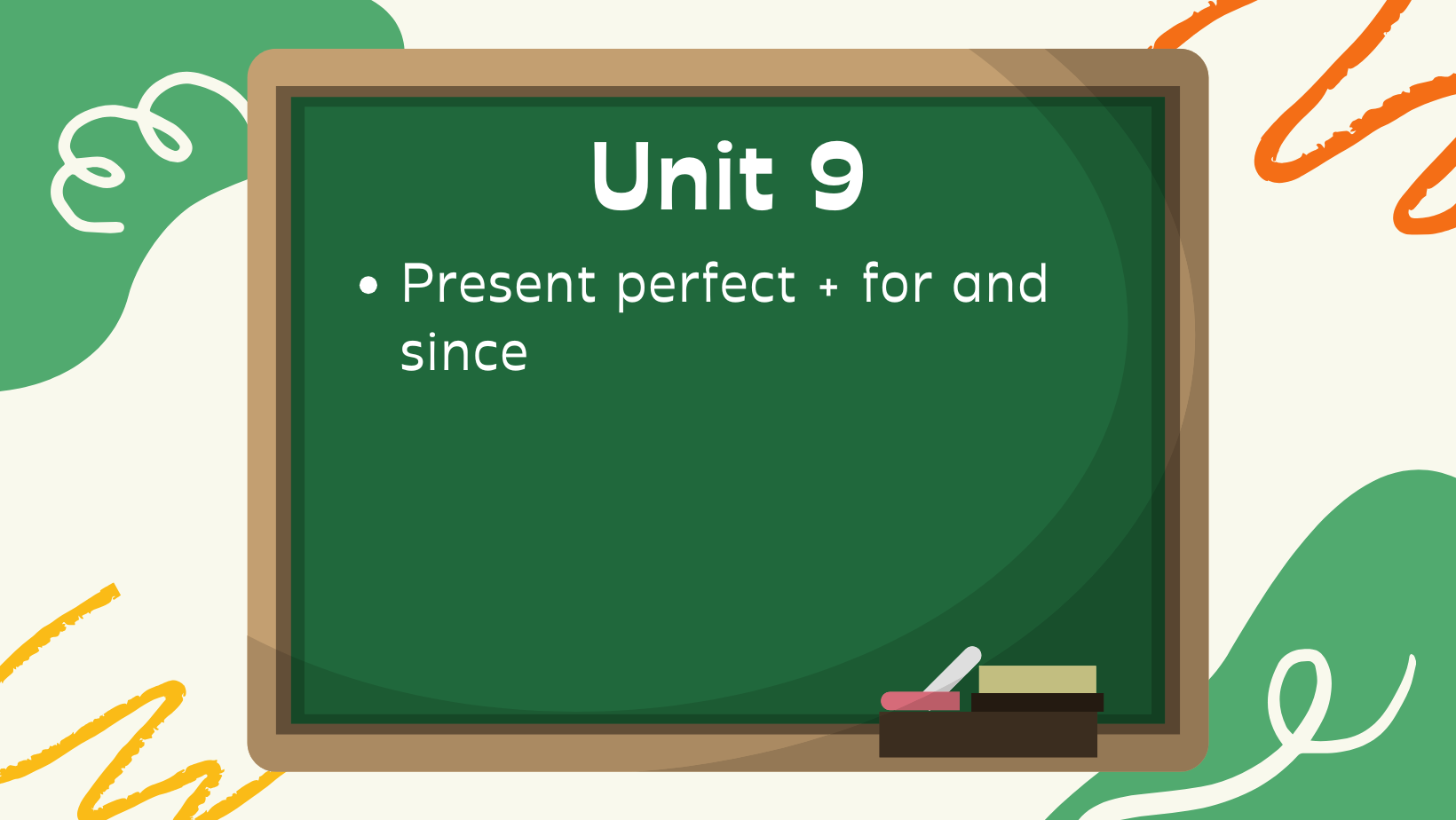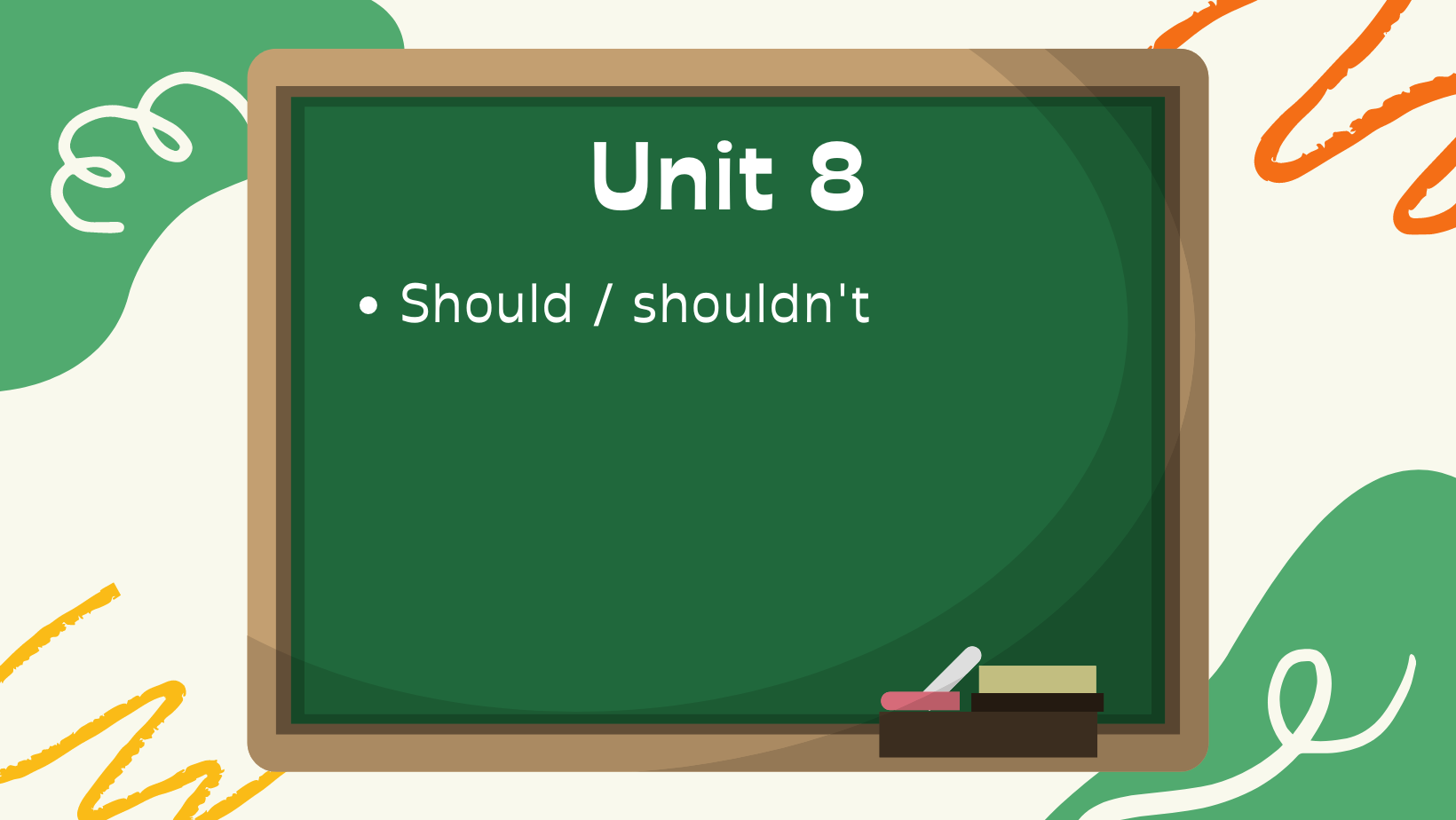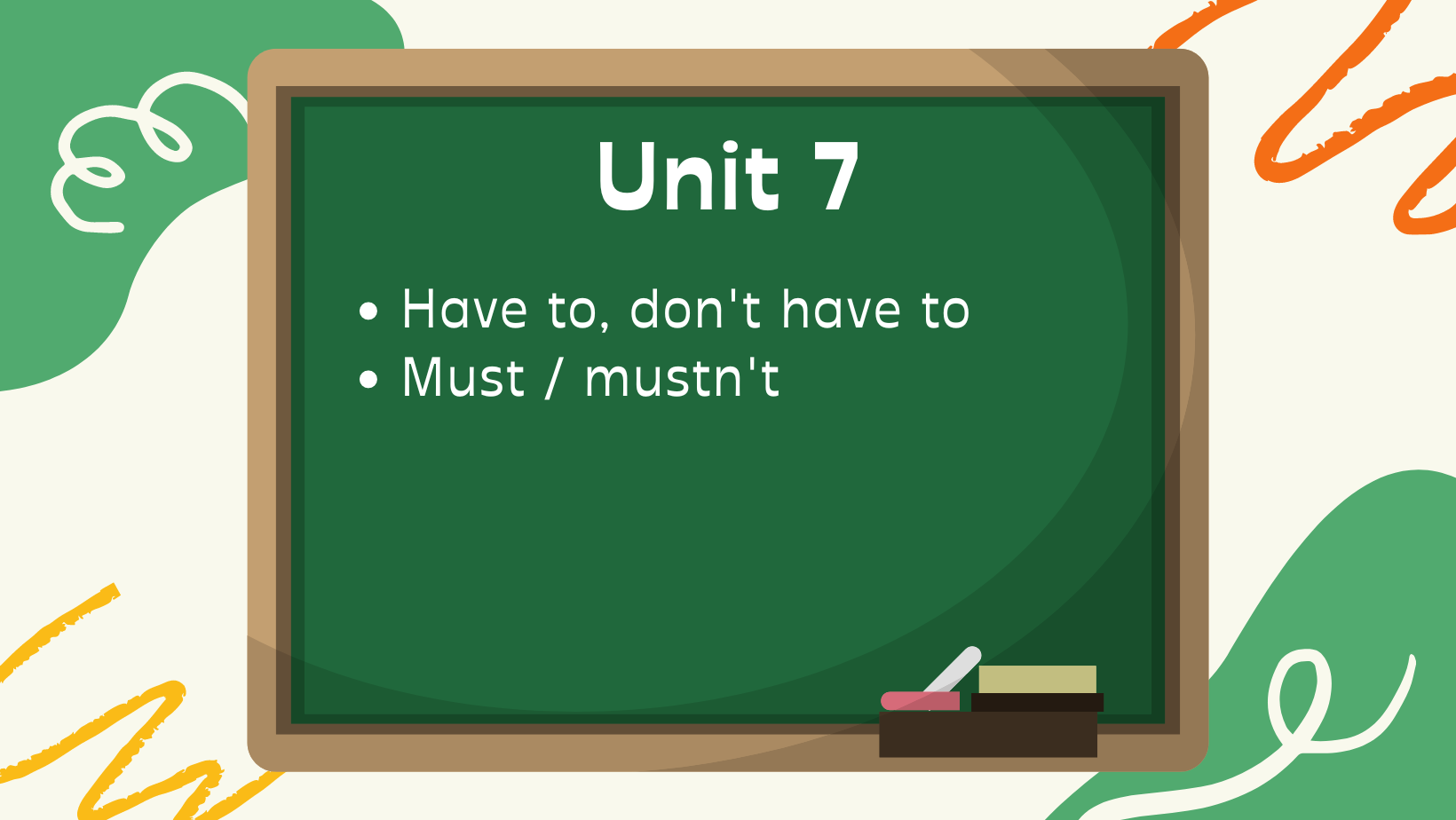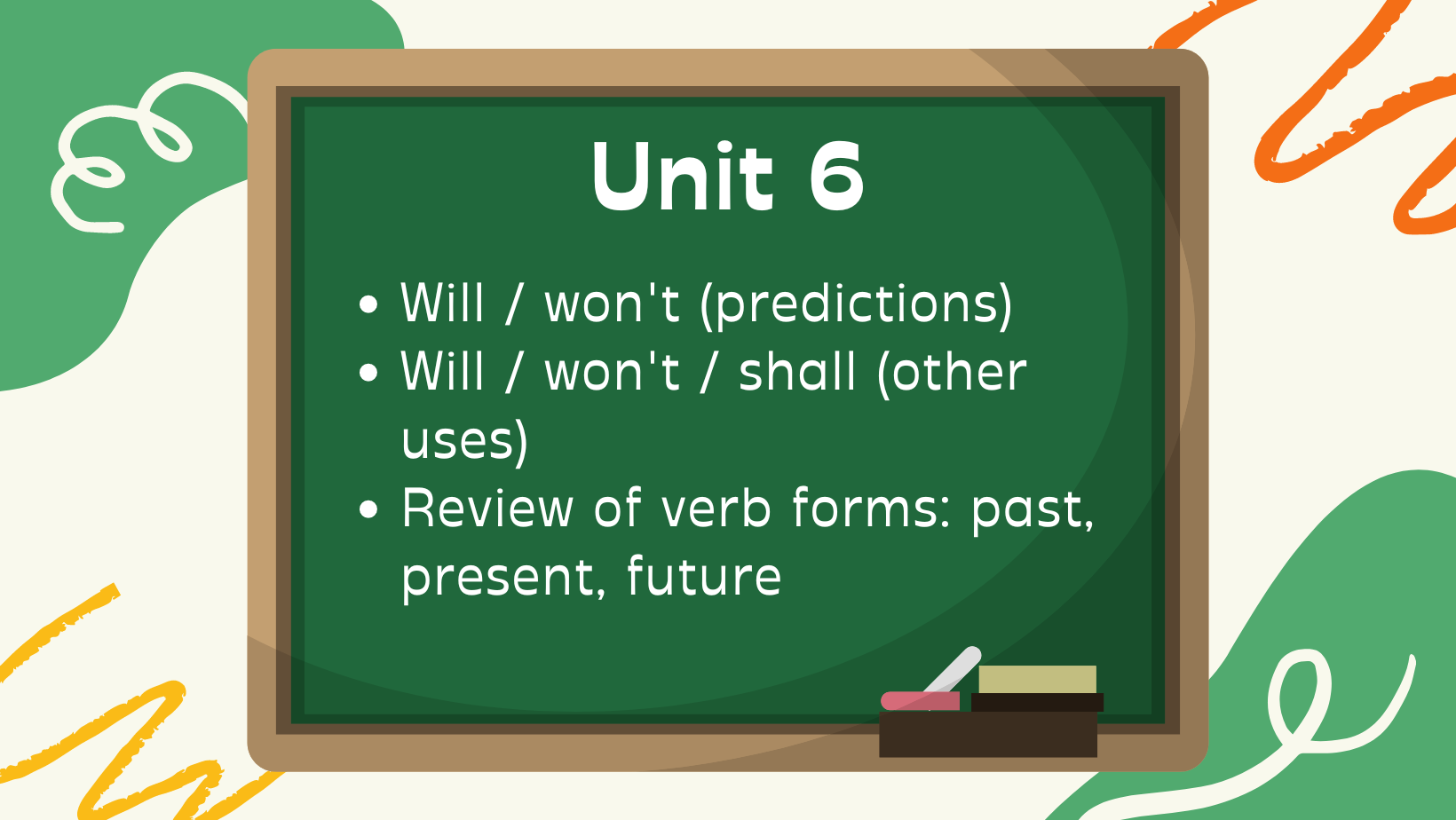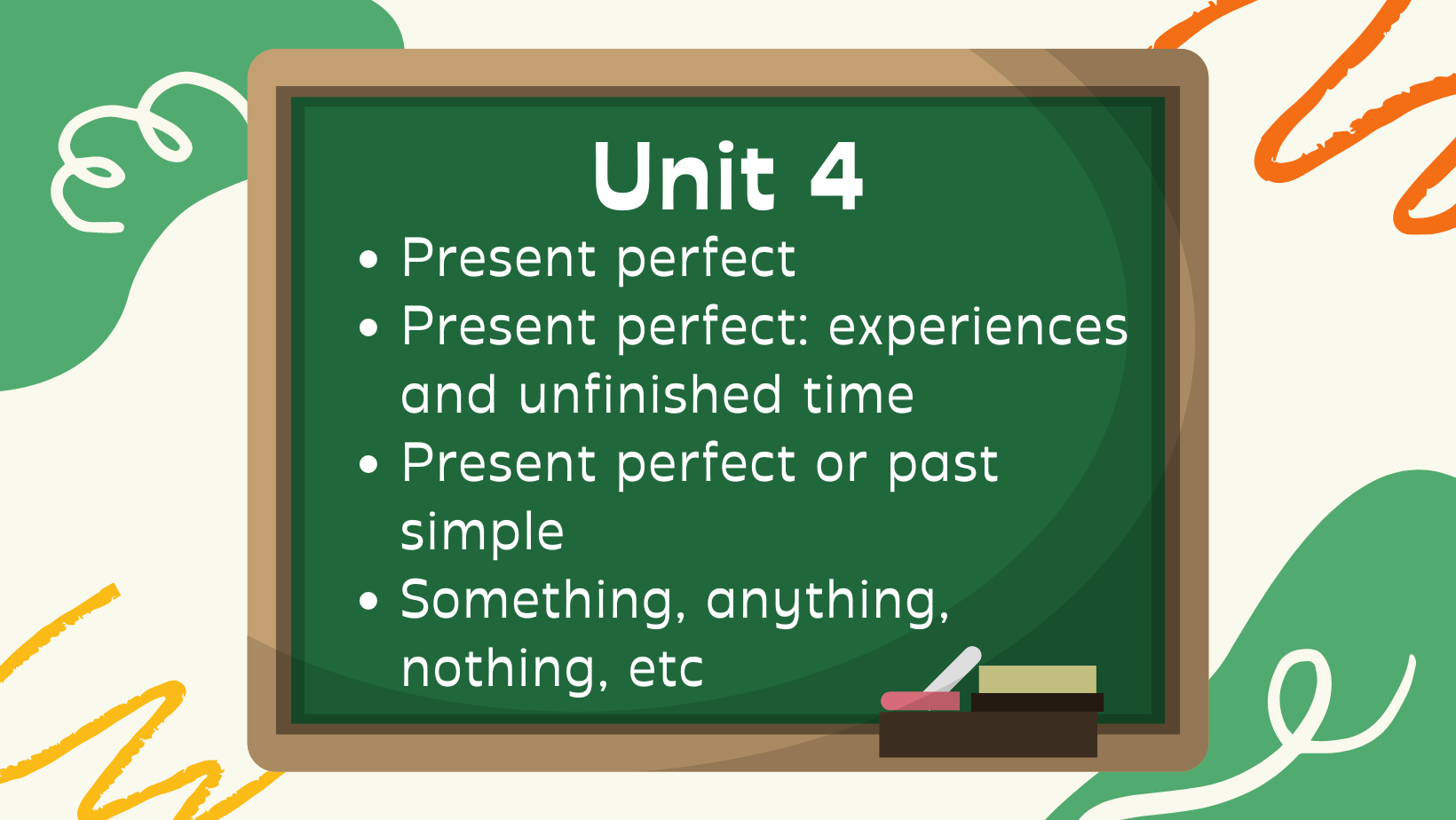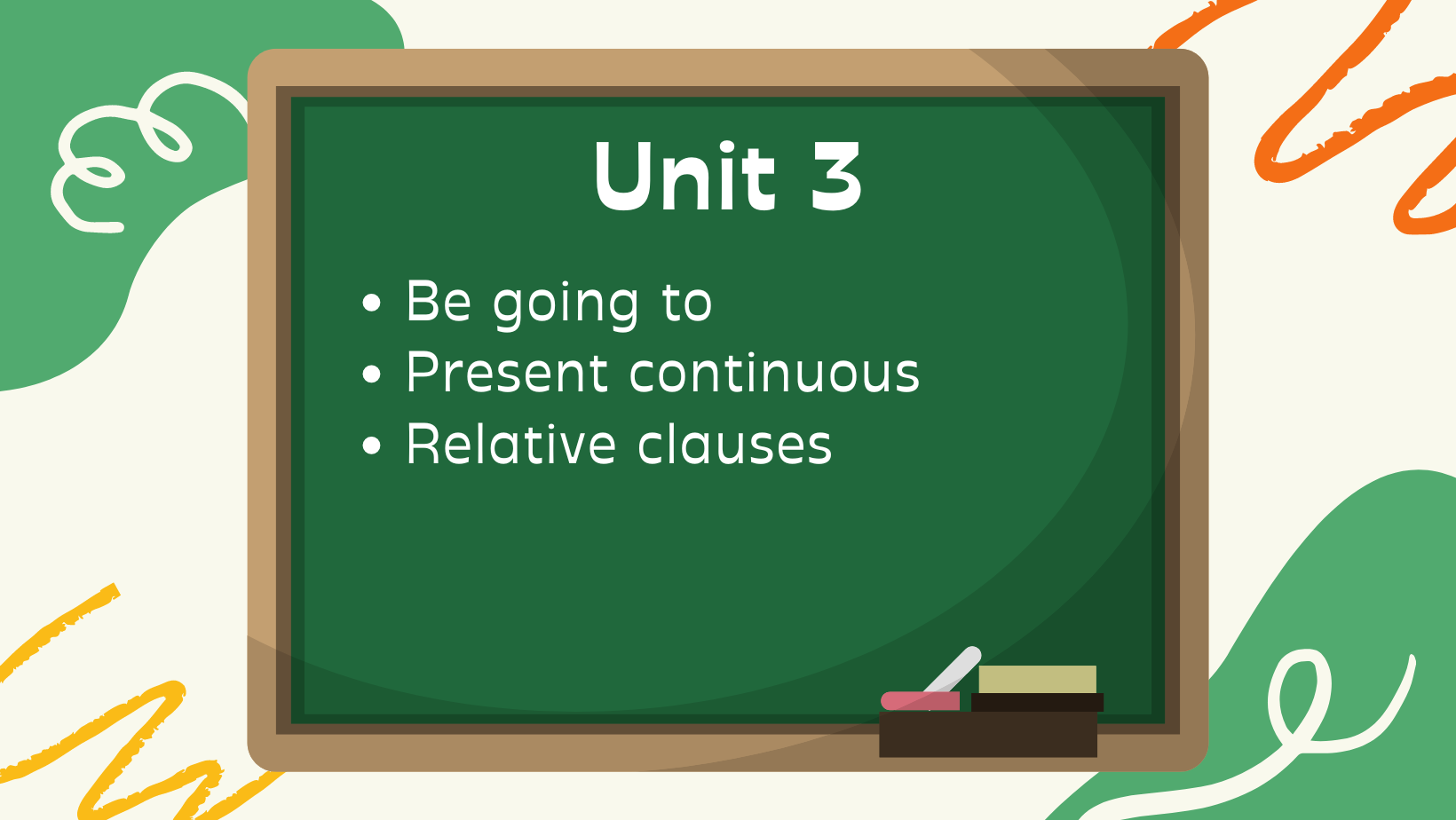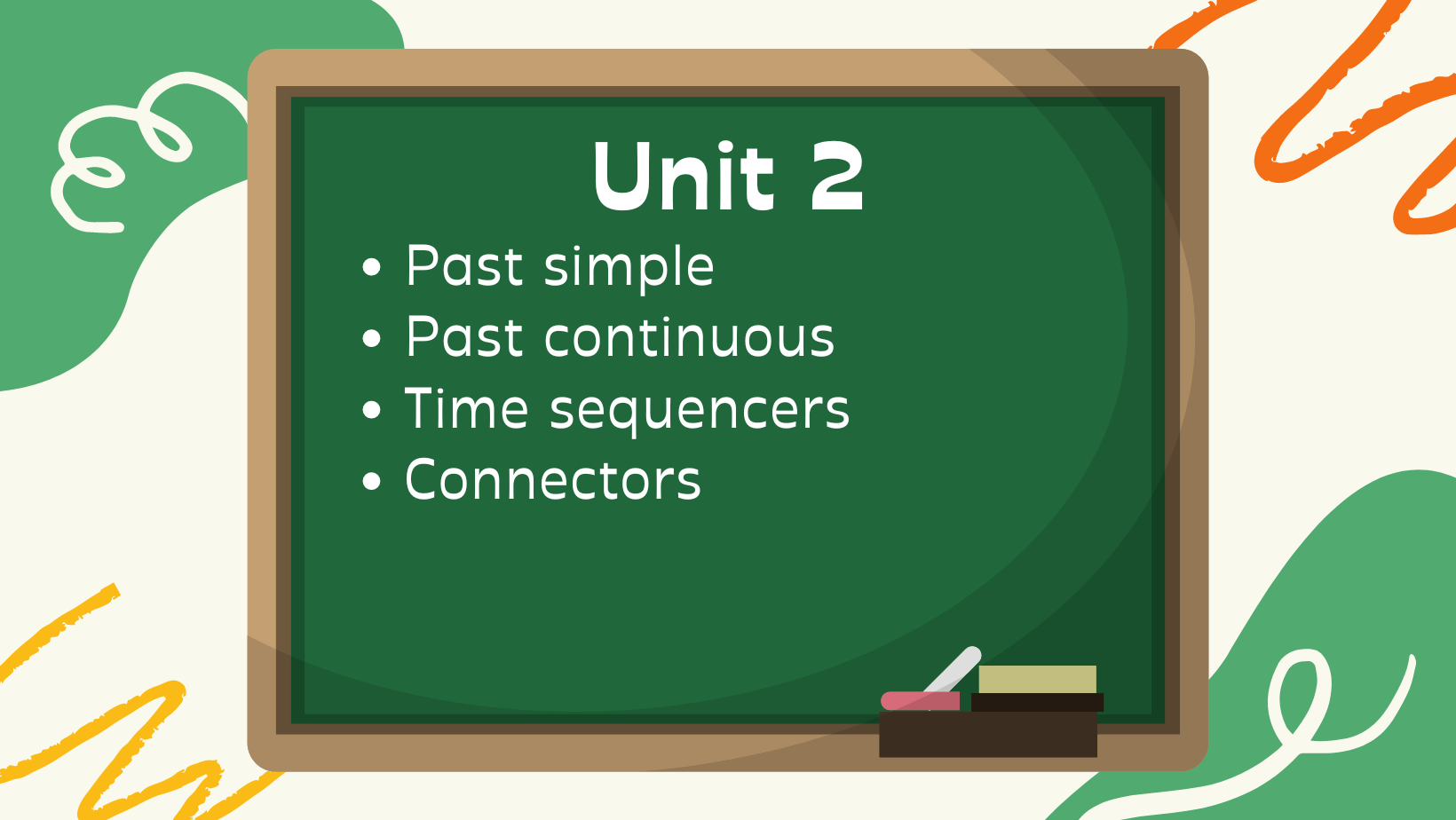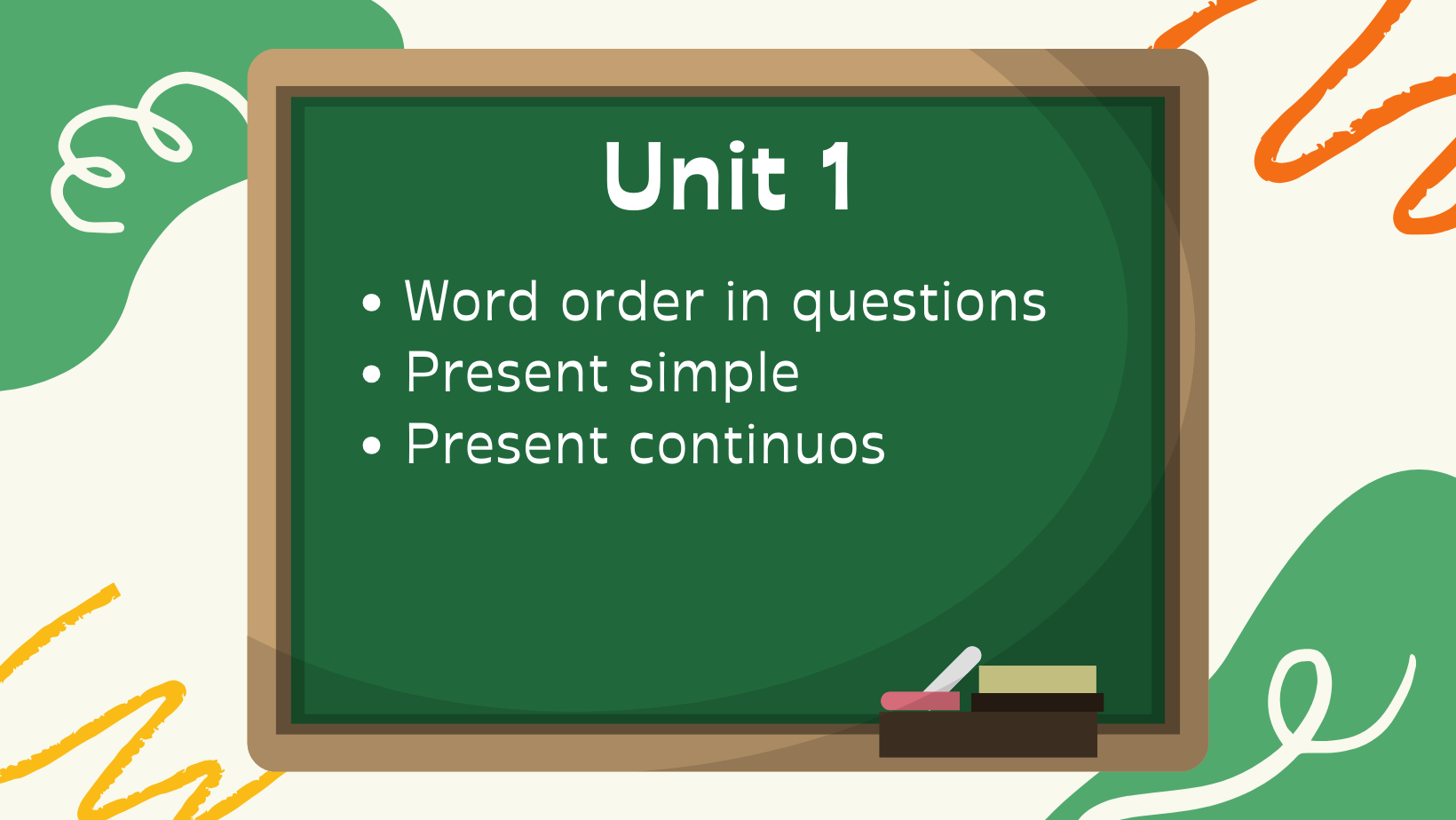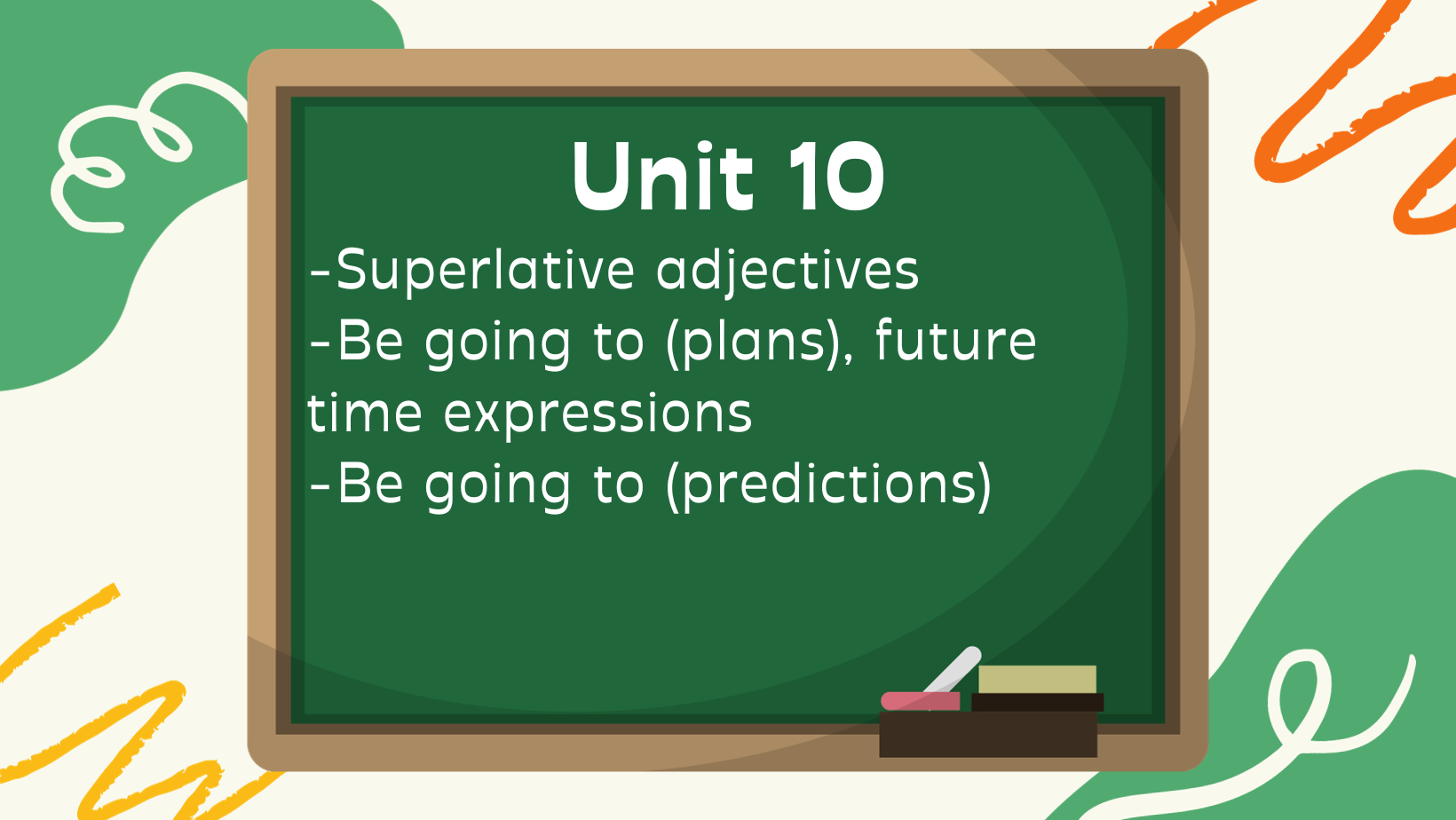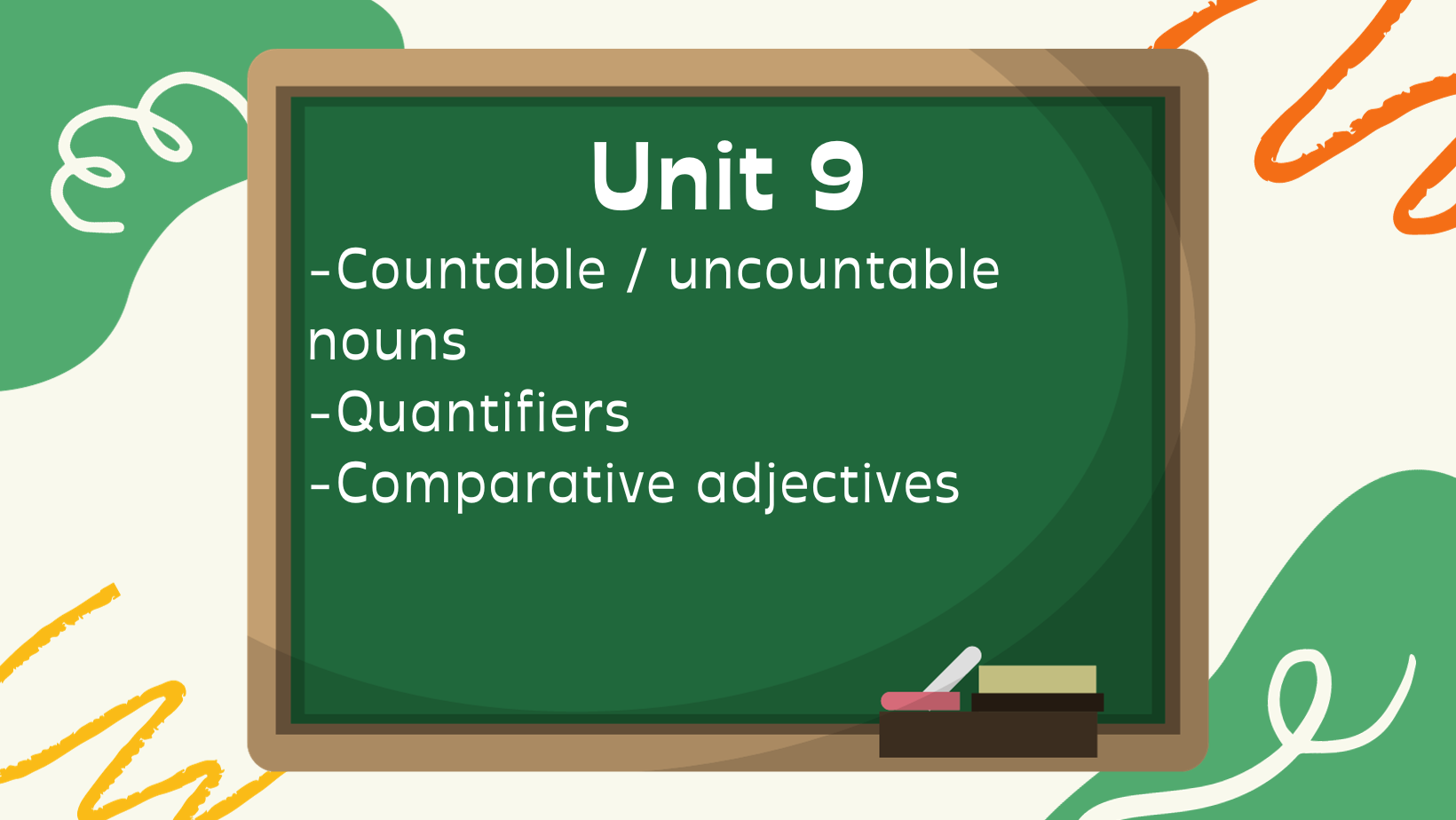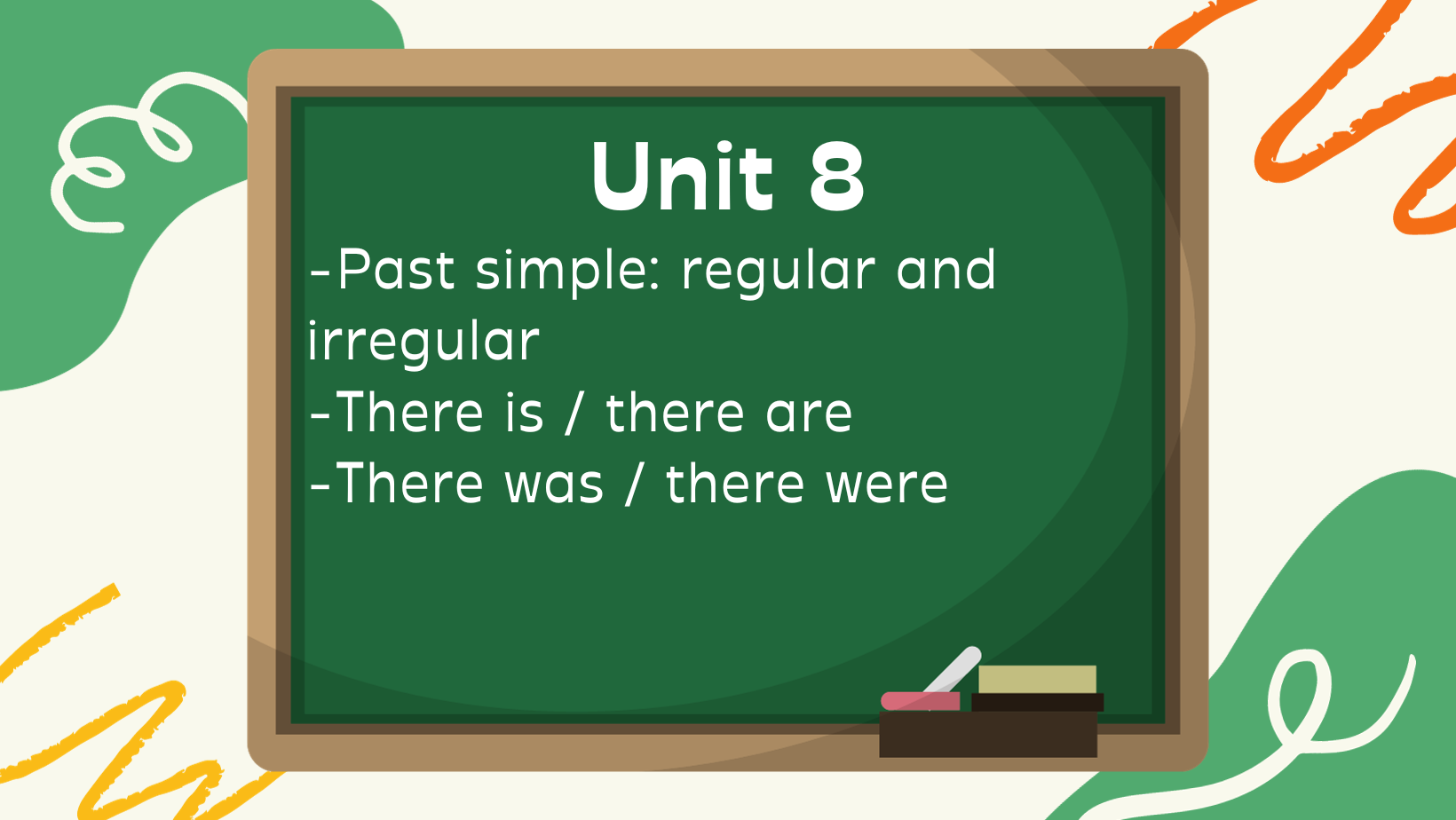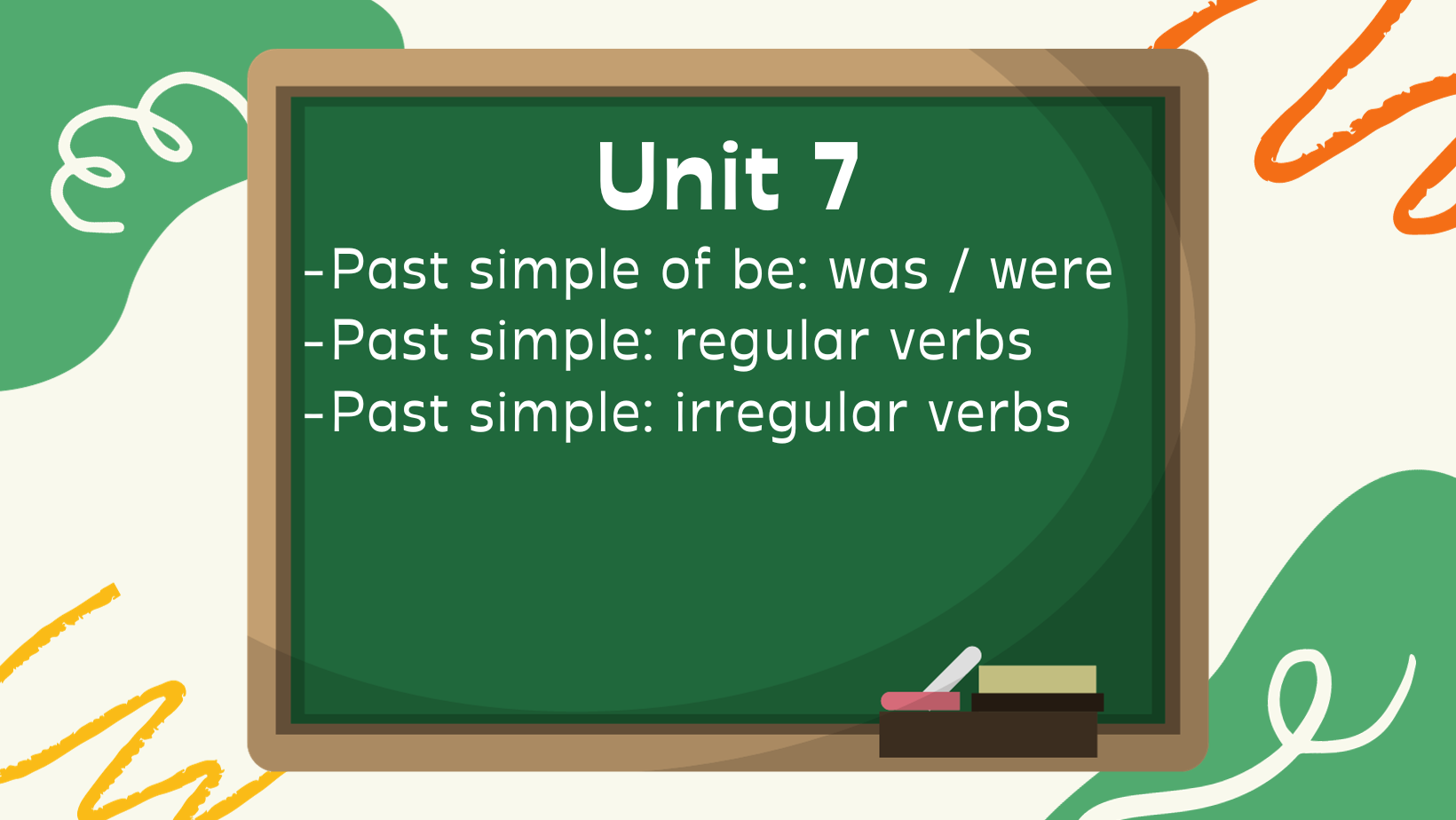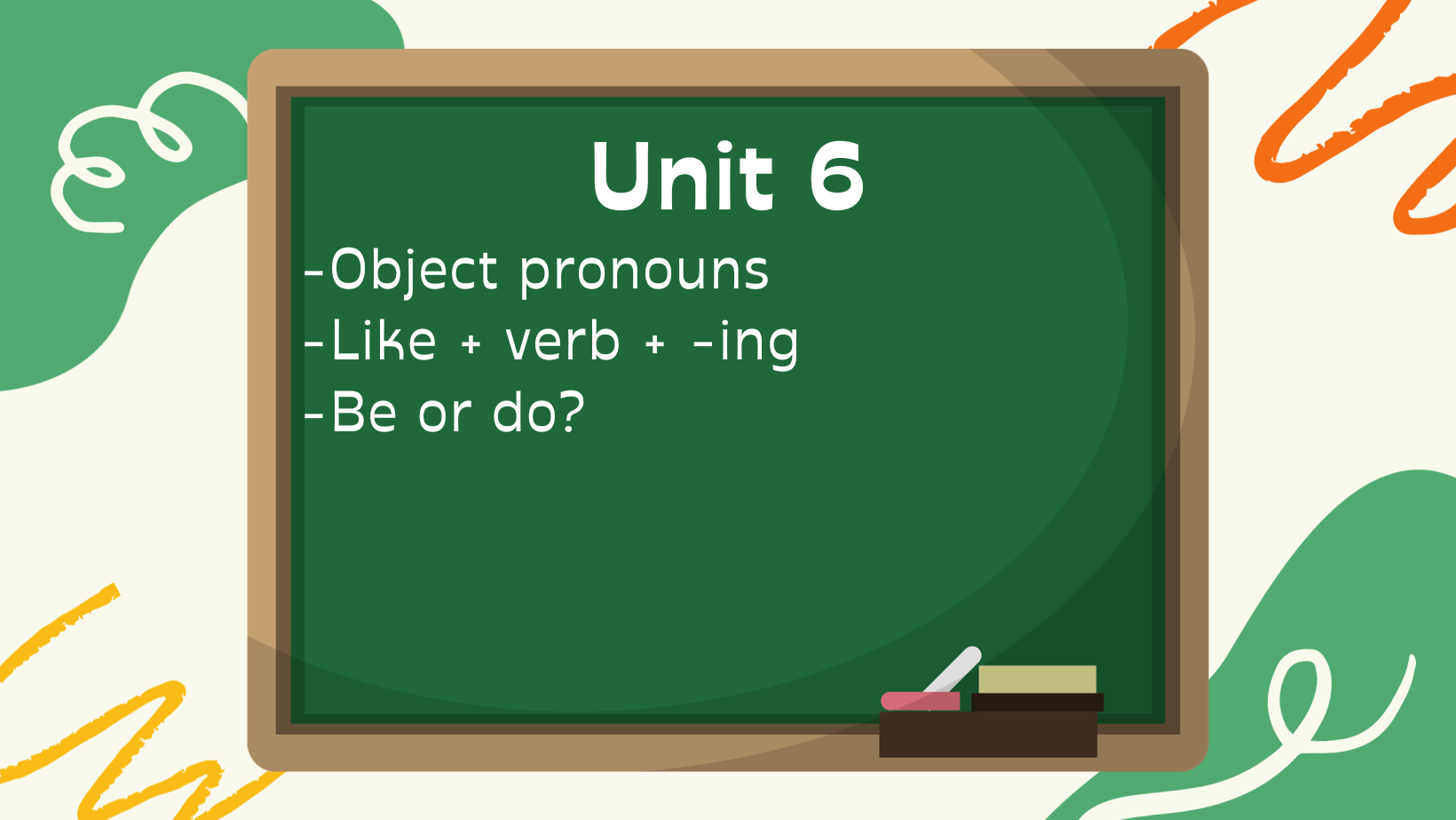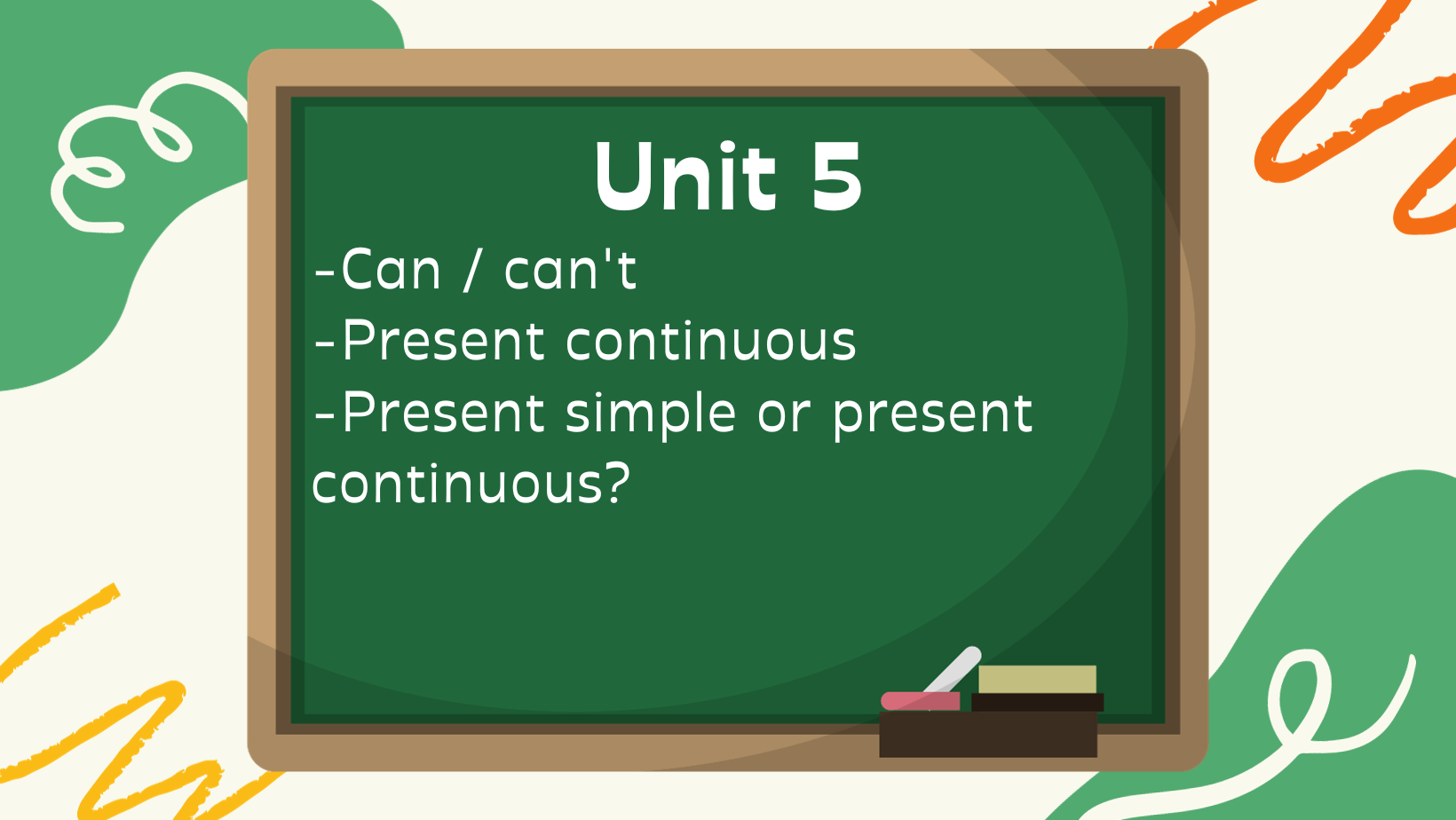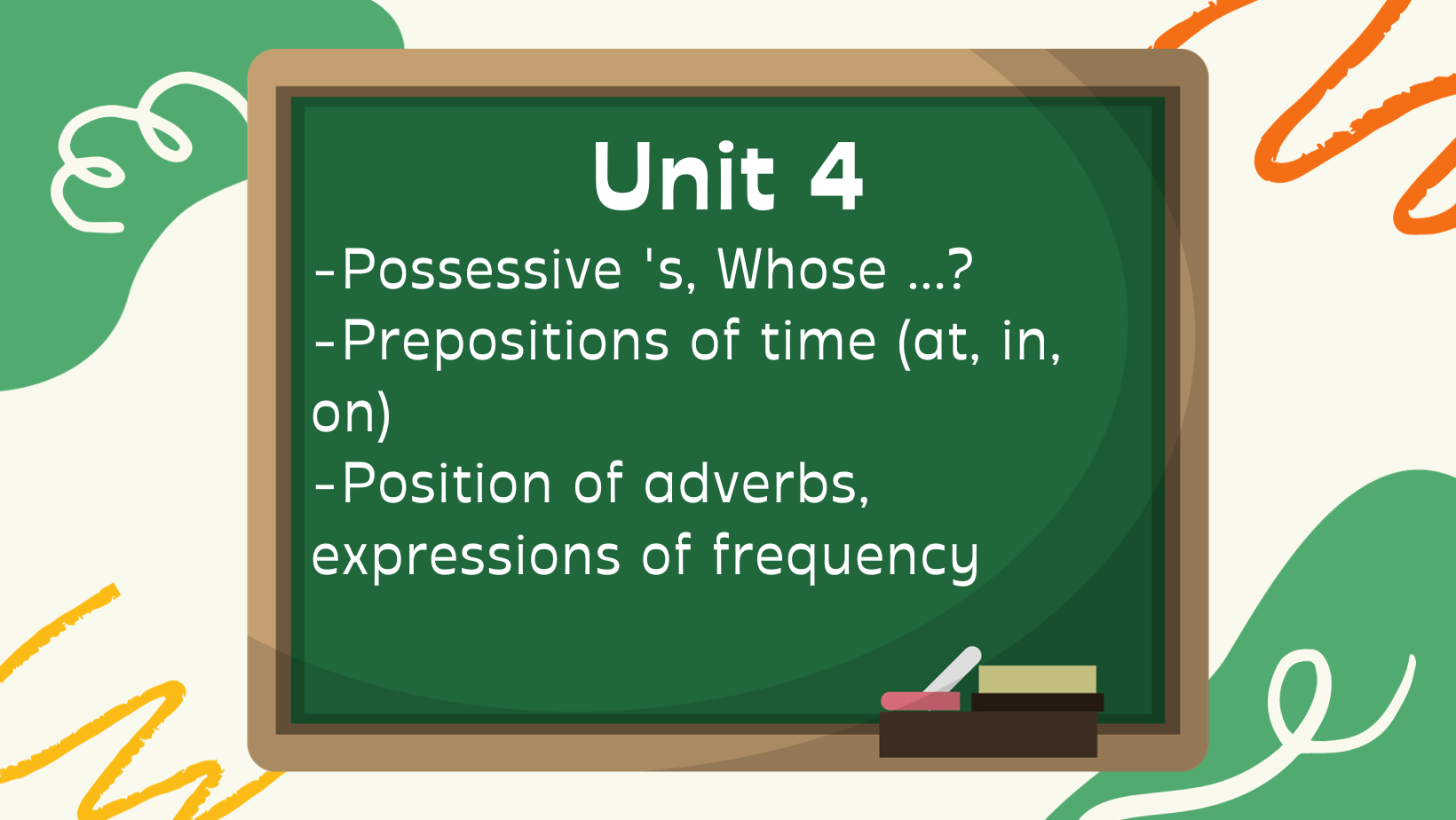Unit 3
Present simple [+] and [–]
EXAMPLES
I speak English.
British people like gardens.
My mother cooks fantastic food.
I don't drink tea.
We don't live in a house with a garden.
He doesn't play the guitar.
FORM
[+]
I / you / we / you / they work
he / she / it works
[-]
I / you / we / you / they don't work
he / she / it doesn't work
- We use the present simple for things that are generally true or are habits.
- Contractions: don't = do not, doesn't = does not.
- To make negatives we use don't / doesn't + verb (infinitive). He doesn't work. NOT He doesn't works.
SPELLING RULES
for he / she / it
I work / play / live. > He works / plays / lives. (add -s)
I watch / finish. > She watches / finishes. (add -es after ch, sh, s, x)
I study. > She studies. (consonant + y → ies)
Be careful with some he / she / it forms.
I have - he has NOT he haves
I go - he goes
I do - he does
Present simple [?]
EXAMPLES
'Do you live in New York?' 'No, I don't.'
'Does he work at night?' 'Yes, he does,'
FORM
- We use do (or does with he, she, it) + infinitive to make questions.
- The word order for present simple questions is ASI = Auxiliary verb (do,does), Subject (I, you, he, she, etc.), Infinitive (work, live, etc.)
Word order in questions
Questions with be
EXAMPLES
Is she from Spain?
Are your friends here?
What is your name?
Where is your office?
How many students are in the class?
How are you?
How old is she?
FORM
- Remember the word order in questions with be. We put be before the subject.
Lessons
